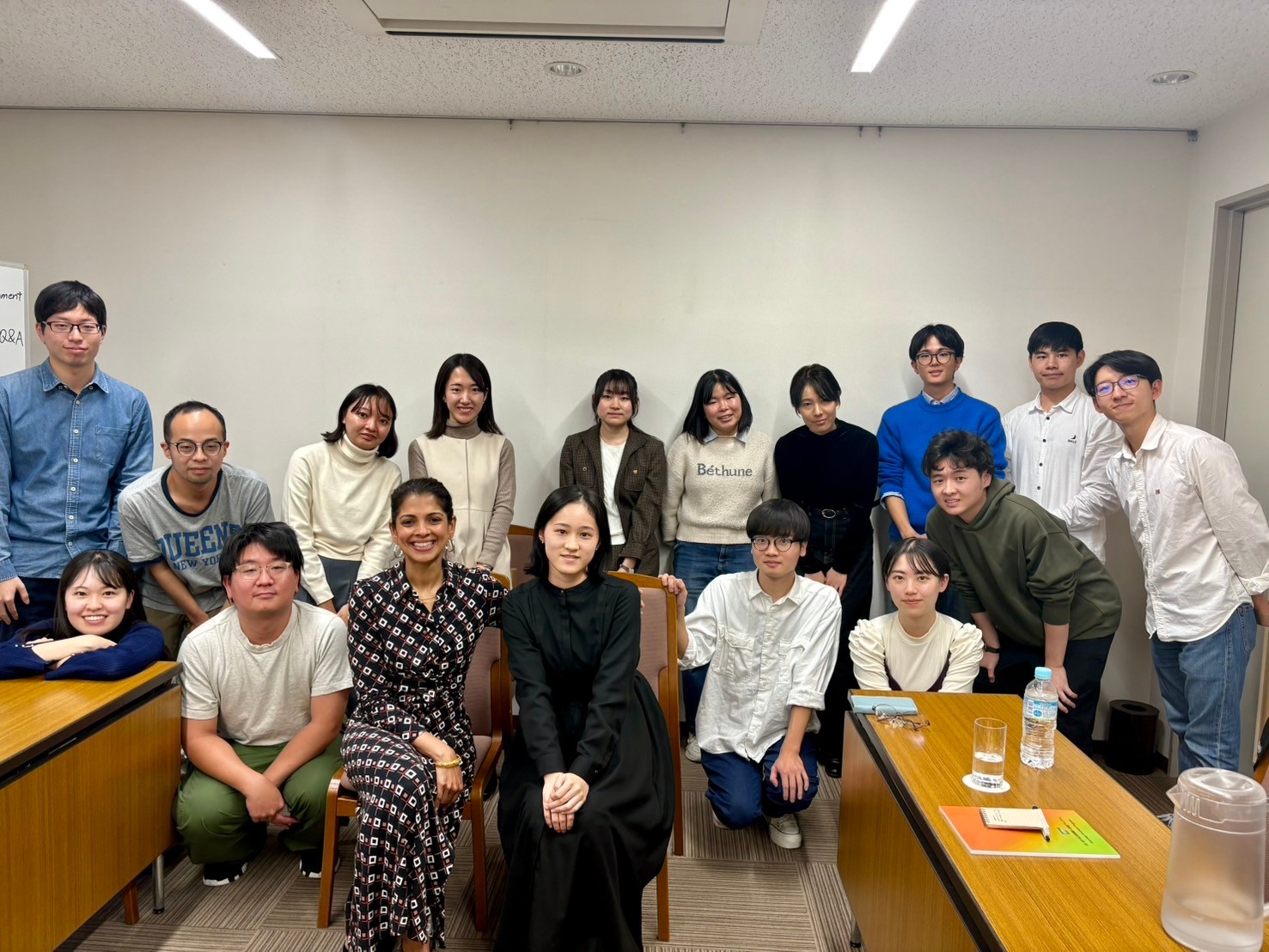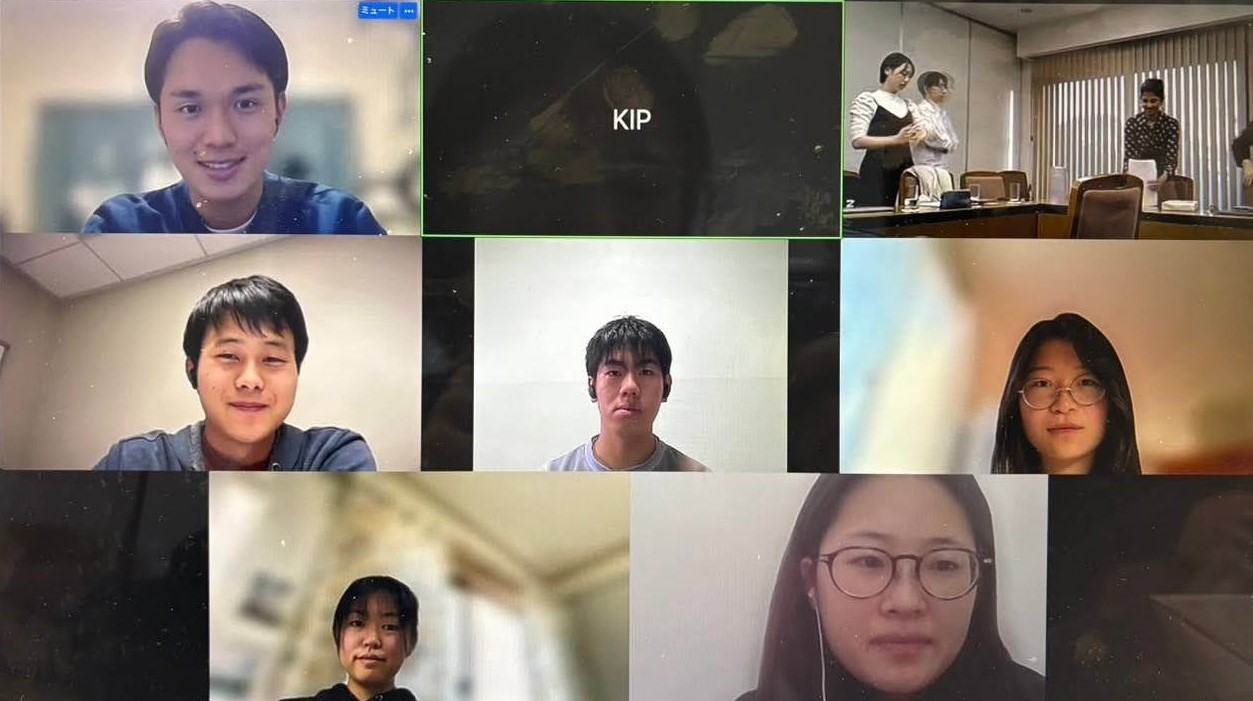- HOME
- Activities
- Forum List
- Forum Details
November.9th.2024 KIP Forum "Behind the Scenes: The Future of Entertainment "

Lecturer: Ms.Urmila Venugopalan, Executive Vice President of Strategy & Global Operations of the MPA(Motion Picture Association Inc.)
Profile: Ms. Venugopalan is currently the Executive Vice President of Strategy & Global Operations of the MPA(Motion Picture Association Inc.). With her diverse background in foreign policy and economic affairs, Urmila oversees key strategic initiatives and business operations. Before joining the MPA in September 2017, Urmila served the Obama Administration as a Senior Advisor and Member of Secretary Kerry’s Policy Planning Staff, leading on all economic and business affairs. Urmila previously worked as a senior consultant at the Albright Stonebridge Group, where she assisted U.S. and multinational companies, and international foundations, on understanding the impact of political and regulatory environments in overseas growth markets mainly in the South Asian and MENA regions.
【Speech and Q&A】
Thank you for your insightful and engaging lecture on the film, tv and streaming industry and the role of the MPA. It is no small task for any single company, regardless of its size, to navigate negotiations with government bodies. The MPA, however, serves as a vital advocate for the collective industry, working closely with policymakers and other stakeholders to demonstrate how this sector drives local economies, creates jobs, and enriches cultures across world - ensuring a stronger, more resilient industry for all.
【Group and Ground discussion】
In the discussion part, at first, I thought Japan should have its own penalties for worldwide copyright infringement. With no borders on the Internet, and with AI it became easy for individuals to create digital replicas, so penalties should be stricter, but should not be loosened. In addition, it is impossible for creators and international organizations to monitor all violations around the world in terms of cost and manpower. However, during the discussion, I realized that while international negotiations involving national governments, police agencies, and the judiciary may be difficult, it is possible if the same rules and penalties are set within an international private video platform. Therefore, I finally agreed the idea that punishment of copyright infringement should be united internationally. Also, I believe we should avoid international law becoming a skeleton, so I agree with the opinion, as was raised in the discussion, that we should create strict penalties and gradually spread them from the countries that are creating contents internationally. In addition, as mentioned in the lecture, we are in the midst of industry transformation by AI, and I felt the need to think about how we balance benefit and demerits such as job replacement and deep fake. I suggest following solution against this issue. Since the open-sourcing of intellectual property, such as survey and research data, has been progressing recently, we should review the copyright system based on the premise that visual works cannot be monopolized once they leave the hands of their creators, and create a system that returns profits to creators even if they are imitated by AI through open-sourcing.
Rina Keboushi, The University of Tokyo, Faculty of Agriculture, 4th year



